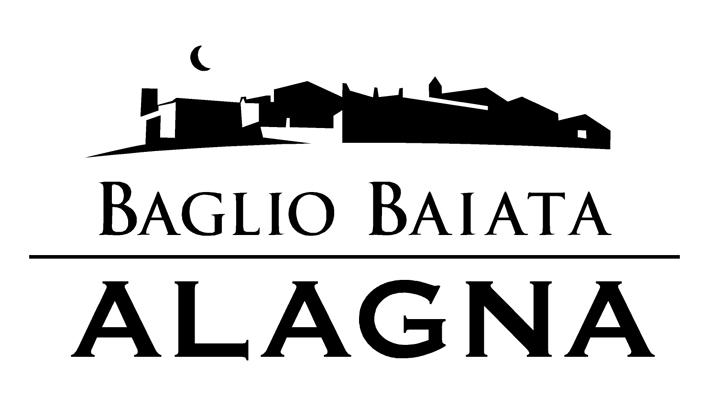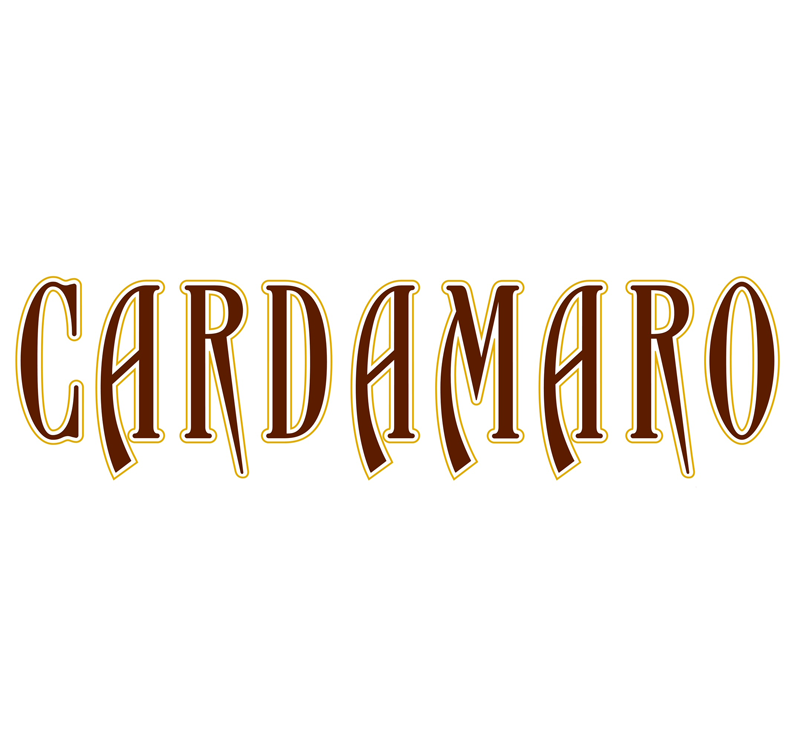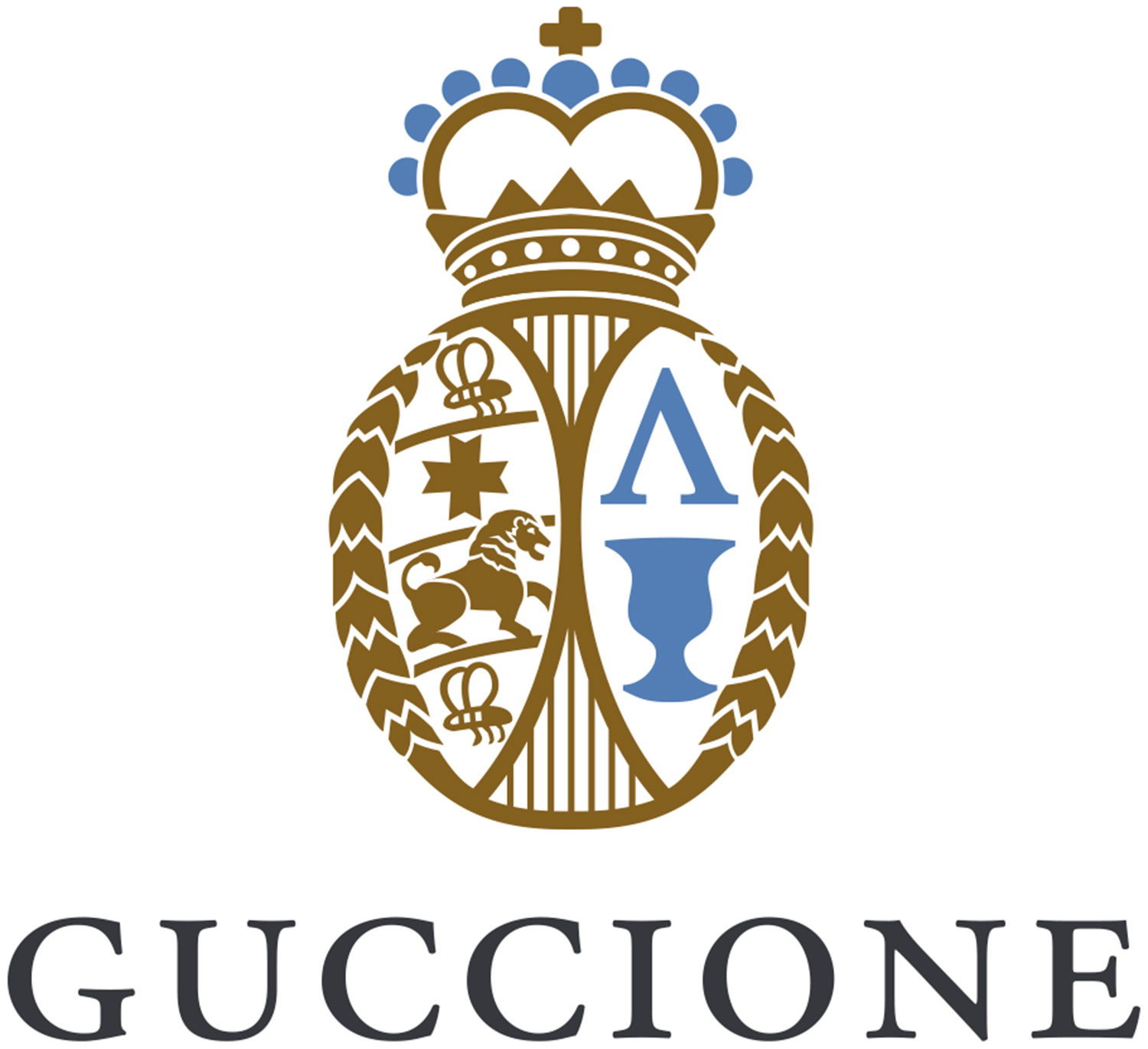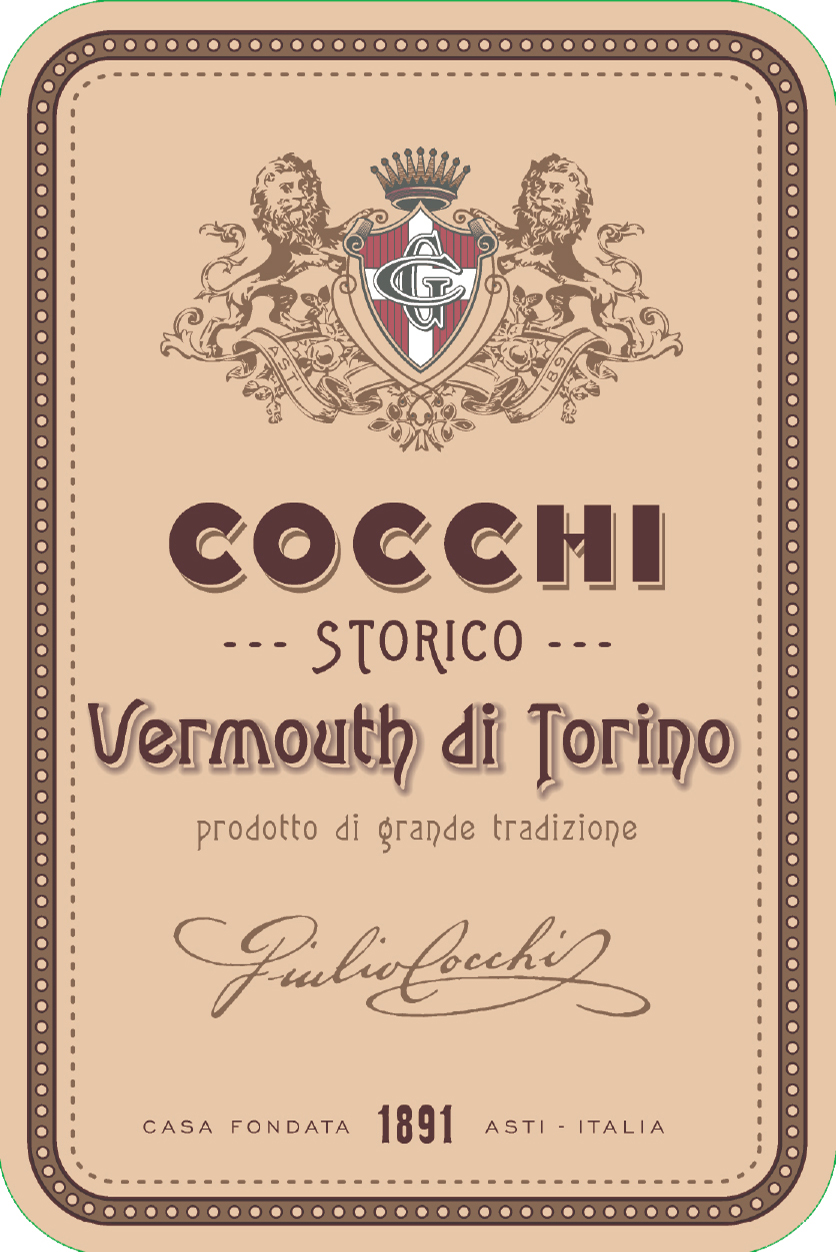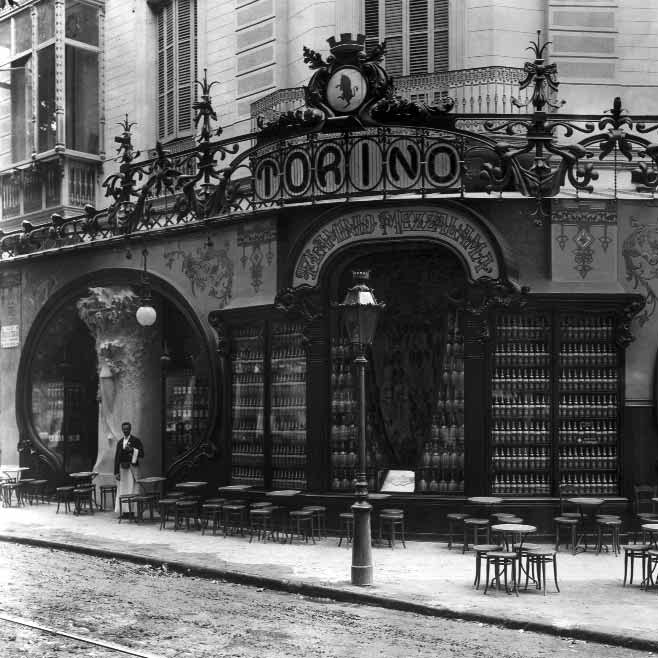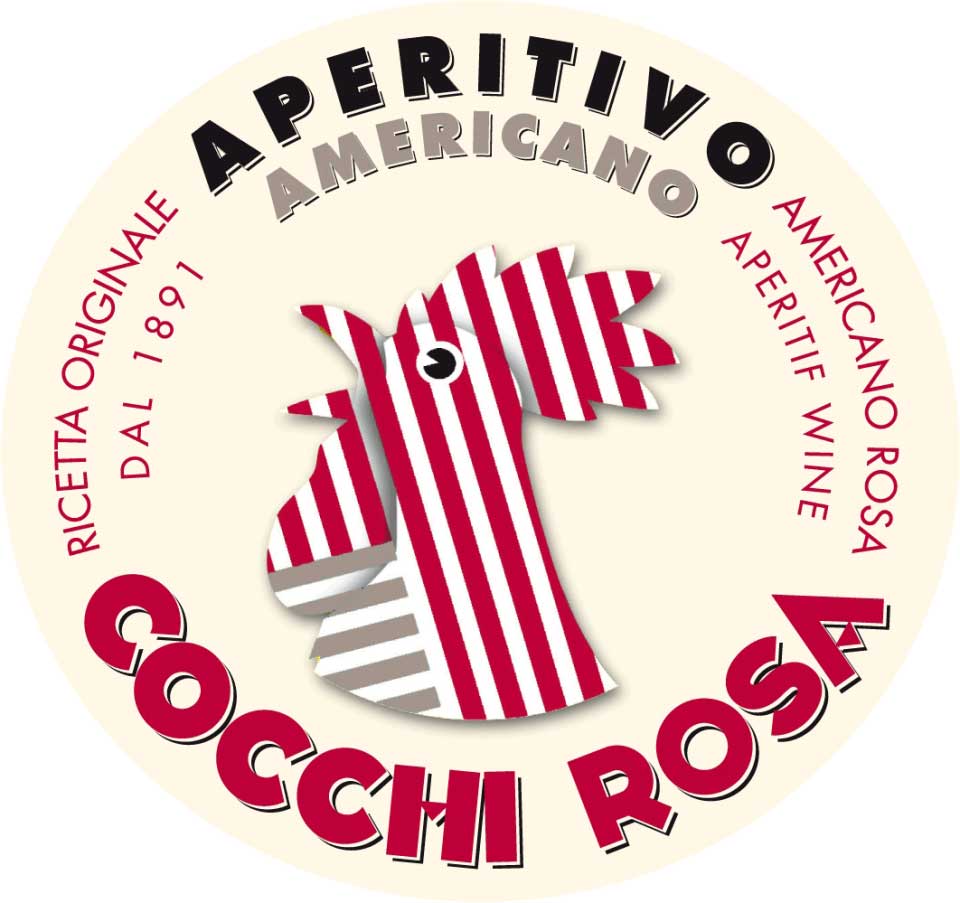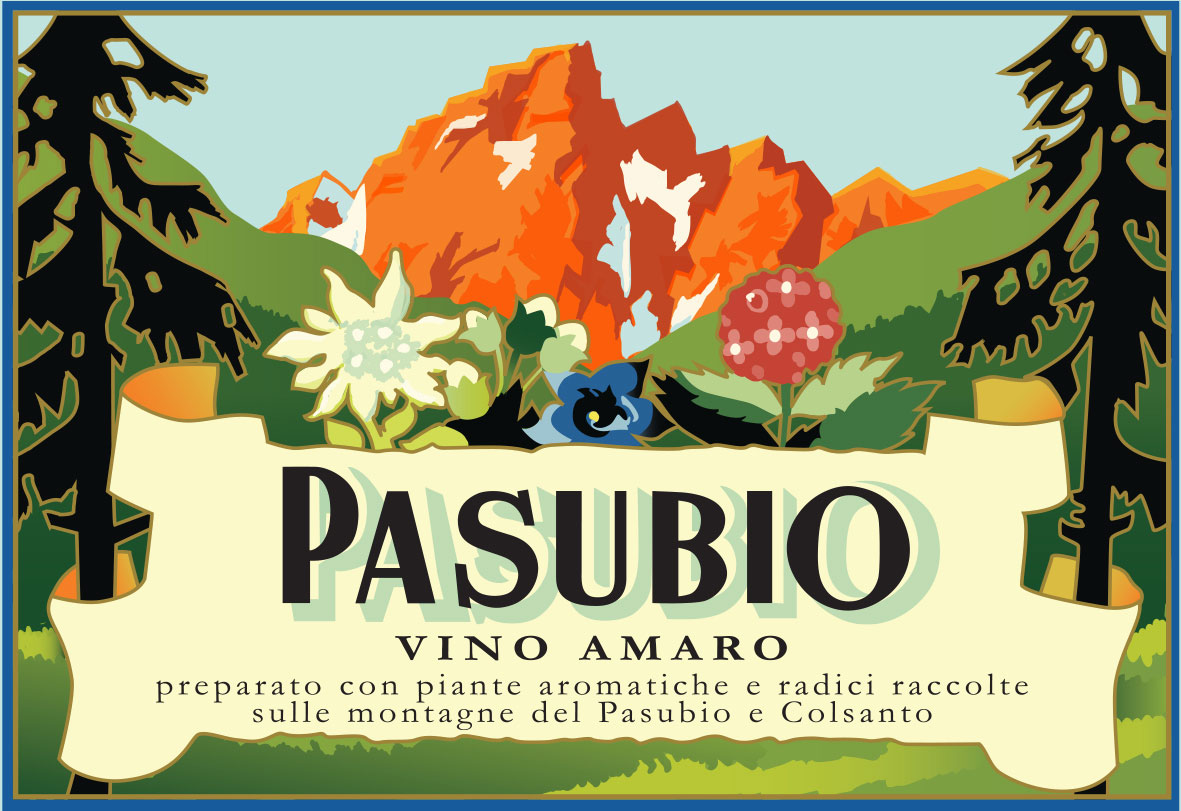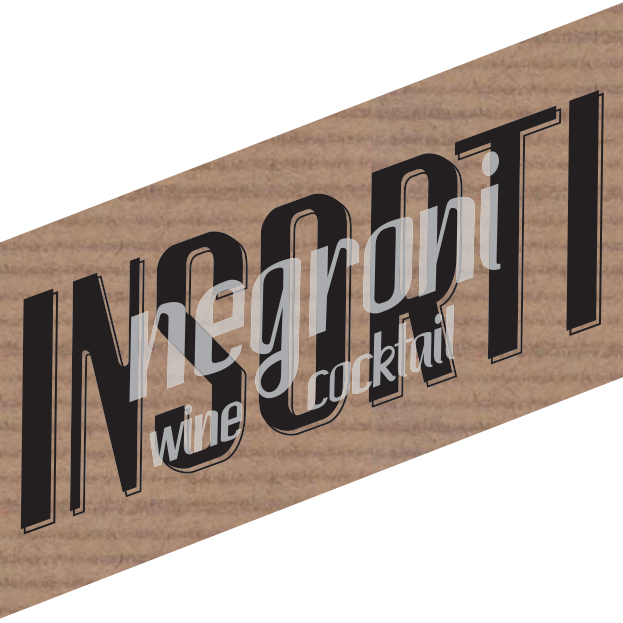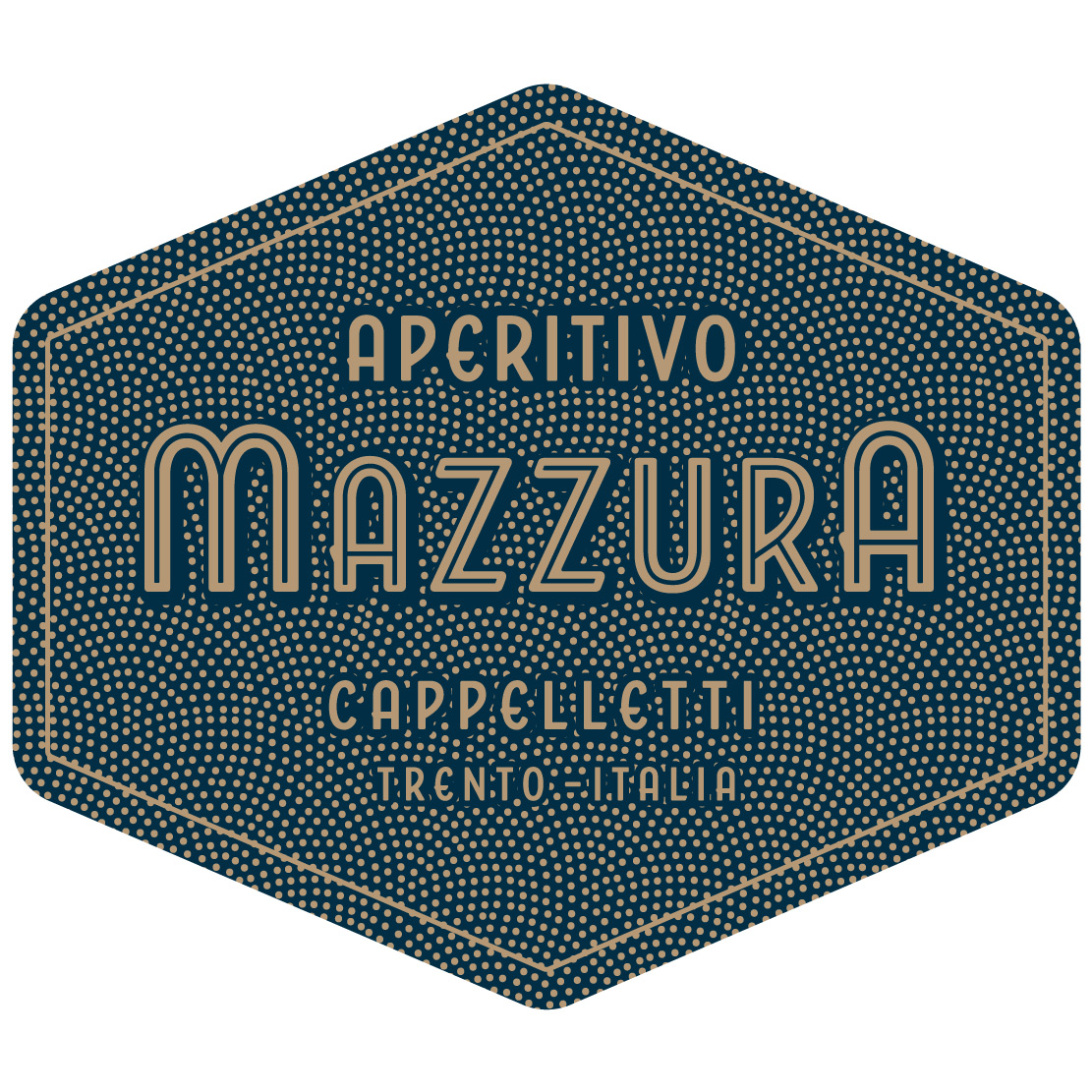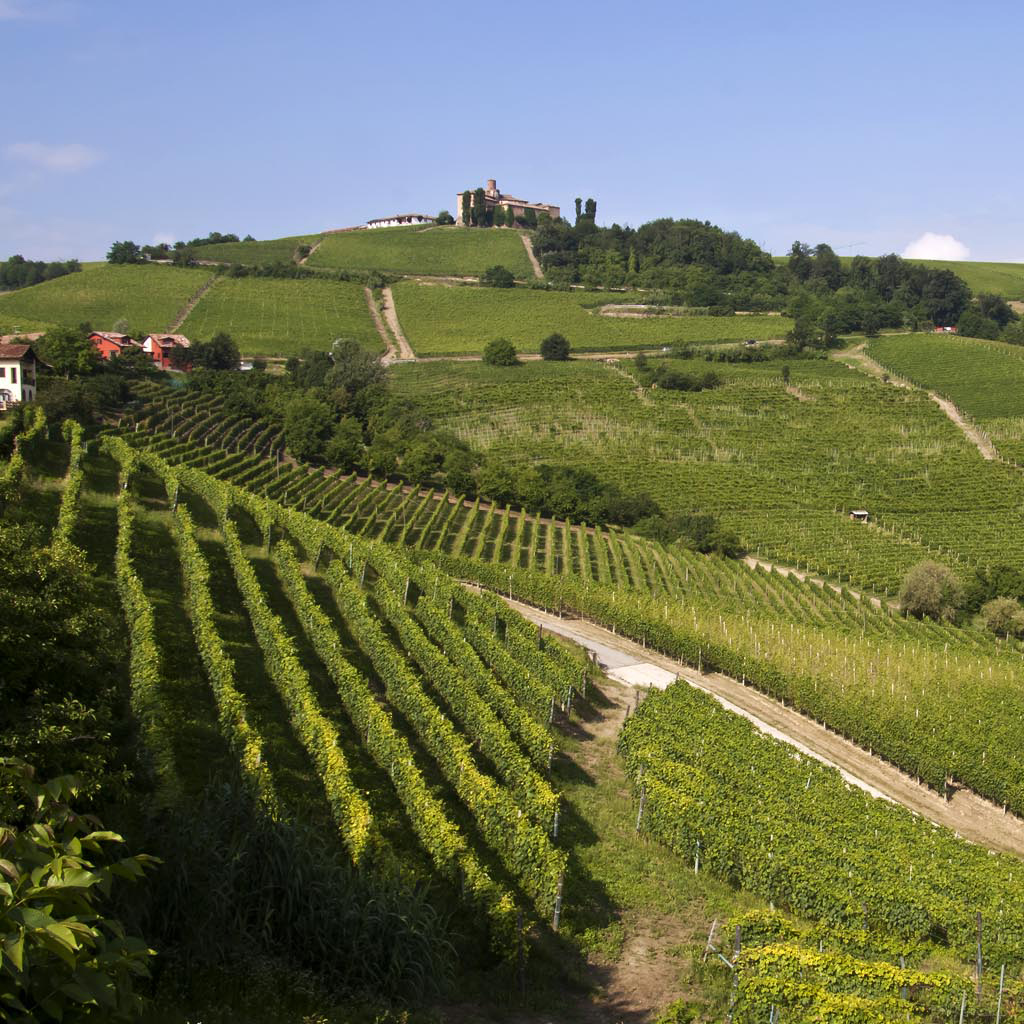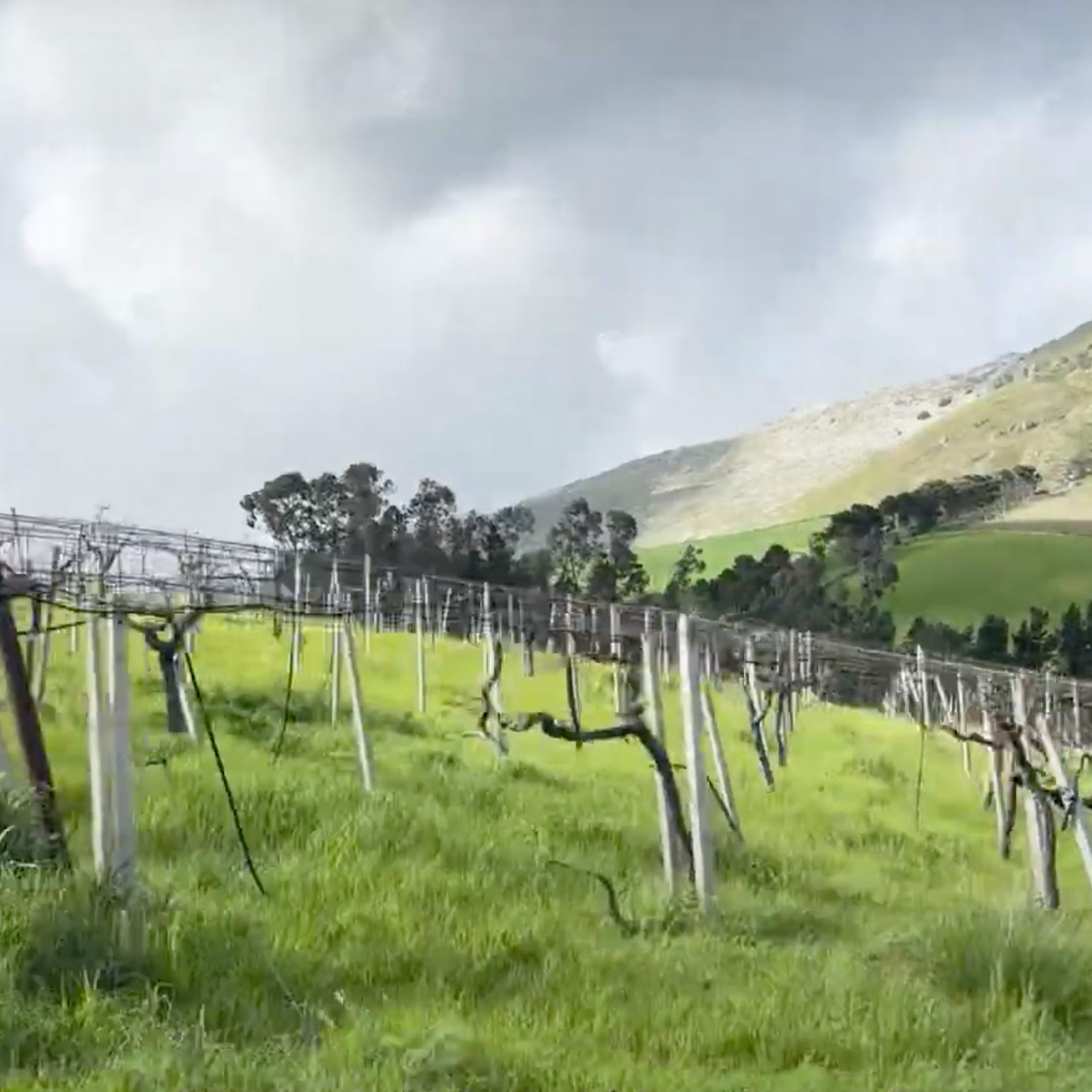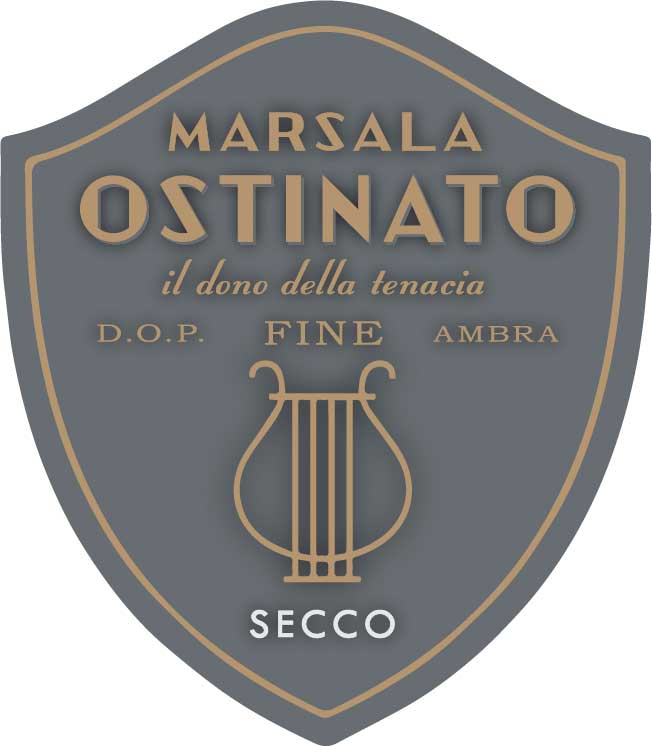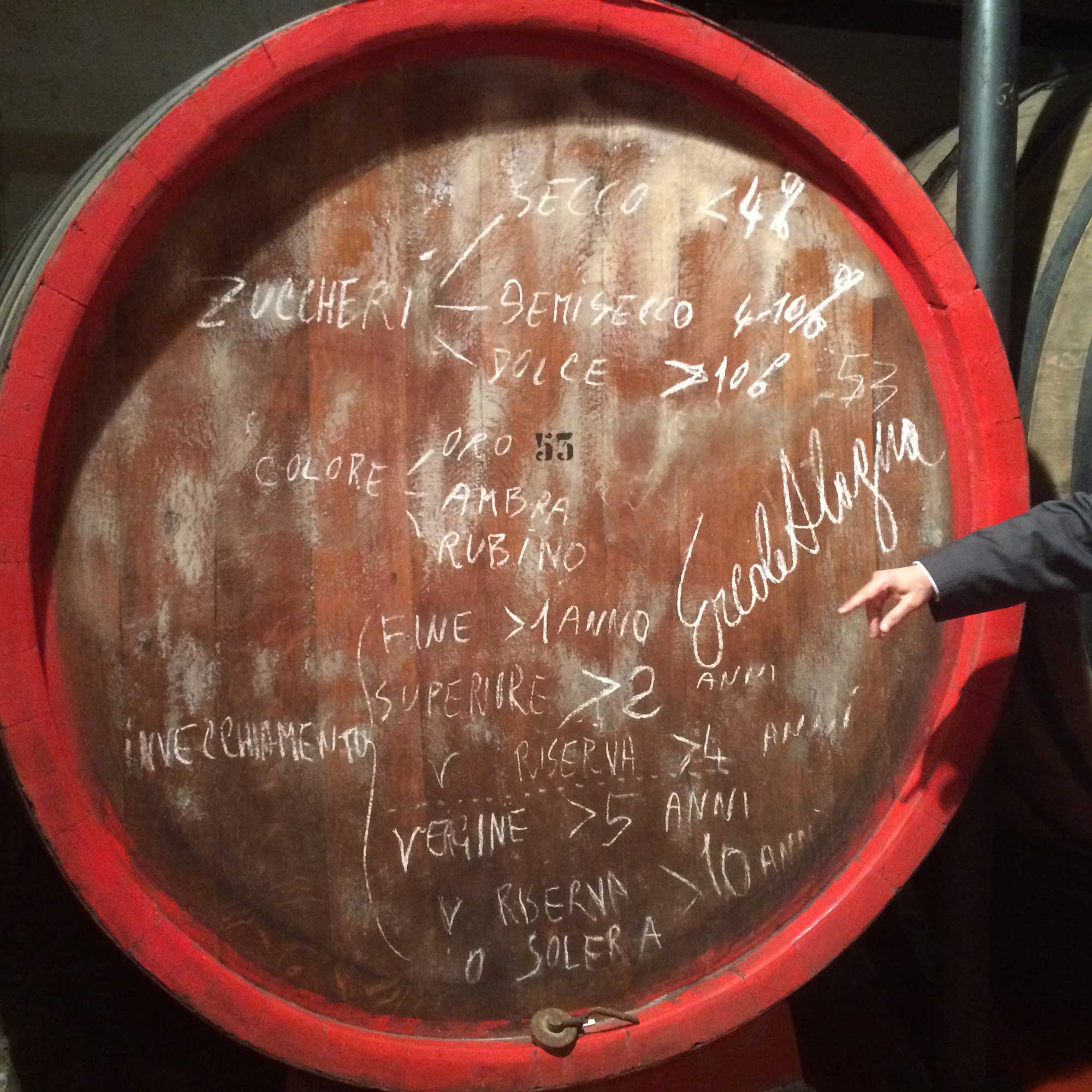Italy
Categories: Vermouth, Americano, Quinquina/Chinato, Vino Amaro, Red Bitter Aperitif, Sparkling Wine, White Wine, Red Wine, Marsala, Floral/Herbal/Amaro Liqueurs
Oenotria, la terra della vite—the land of the vine. Italy cultivates the vine everywhere on the peninsula: from its northernmost alpine borders to the ‘heel of the boot’ and beyond. It is no exaggeration to say the history of wine and the history of Italian civilization are indivisible. Yet that history is a living one, hyper-local, each region and village with its own grapes, terroirs and traditions, zealously protected and preserved. This rich diversity includes not only the now-familiar faces of Italian wine—Prosecco, Chianti and Barolo—but classic Marsala and millennia-old traditions of aromatized wines and liqueurs, from the wormwood-infusions first popularized during Pax Romana to today’s vibrant aperitivo, spritz and amari cultures.
Vermouth
Cocchi Vermouth di Torino Extra Dry
Italy ➜ Piemonte ➜ Vermouth di Torino DOP 17.0% ABV
17.0% ABV
Giulio Cocchi brings its unique expression of Piemontese grapes to the world of dry vermouth. Cocchi Extra Dry Vermouth di Torino combines the freshness of a Cortese wine base with local mountain wormwood, Menta di Pancalieri peppermint, and lemon over a backbone of angelica, coriander, and cardamom. Use Cocchi Extra Dry in a Martini with robust gins, or spritz with tonic water. The silky vinous texture of Cocchi Extra Dry is ideal for classic whiskey cocktails that call for dry vermouth, such as the Old Pal and the Scofflaw. At aperitif hour, Cocchi Extra Dry is ideal to pair with young cheeses.
Full detailsCocchi Vermouth di Torino ‘Storico’
Italy ➜ Piemonte ➜ Vermouth di Torino DOP 16.0% ABV
16.0% ABV
The last remaining example of appellation Vermouth di Torino to comply with all of the classical requirements, Cocchi Vermouth di Torino ‘Storico’ has been produced since 1891. Cocchi uses estate Moscato as the wine base, and vibrant, spicy botanicals such as cocoa, citrus, ginger, and rhubarb. In contrast with other popular Italian vermouths, Cocchi Vermouth di Torino ‘Storico’ retains wines of Piedmont as the base and avoids a heavy sheen of vanilla that clashes with other cocktail ingredients. Vermouth di Torino stands apart as one of only two protected geographical indications of origin for vermouth, and is the style referenced by classic cocktail books when discussing “Italian vermouth.”
Full detailsCocchi “Dopo Teatro” Vermouth Amaro
16.0% ABV
The name ‘Dopo Teatro’ refers to the late-evening, “after theater” service at restaurants and cafes in Torino, a gathering time for a sip of something bittersweet and maybe a small bite to eat. This “vermouth amaro” (vermouth with additional bitter elements) starts with the Moscato-based Cocchi Storico Vermouth di Torino, to which winemaker Giulio Bava adds robust Nebbiolo wine, local gentian, rhubarb root, chiretta and quinine. The result is a robust amaro that retains the refreshing acidity of the original vermouth. Ideal for cask strength or peated whiskeys as well as mezcal or gin, or pairing with spicy salami or intense chocolate preparations.
Full detailsAmericano
Cocchi Americano Rosa
16.5% ABV
Throughout its history, Giulio Cocchi has used the aperitif wine Americano profile to highlight the fine aromatic grapes of Piemonte. In Cocchi Americano Rosa, the Brachetto d’Acqui wine base provides the white rose and rich berry notes typical of the famous sparkling wine of the same variety, while the addition of rose and ginger to the traditional bitter base provides a rounder profile.
Full detailsCocchi Americano Bianco
16.5% ABV
Made to the same recipe since 1891, this Moscato-based aperitif wine has long been a staple of Asti. While the Americano name implies a gentian focus, the wine also includes quinine and citrus for a flavorful, refreshing profile. In Piemonte it is served chilled with ice, a splash of soda and a peel of orange. Cocchi Americano Bianco’s combination of fruit, spice and bitter undertones can perfect a number of classic mixed drinks. This same profile makes it splendid pairing with all kinds of pickles, nuts, charcuterie and cheeses.
Full detailsQuinquina/Chinato
Cocchi Barolo Chinato
16.5% ABV
Renowned in Piemonte since its introduction in 1891, Cocchi Barolo Chinato is a wine of DOCG Barolo infused with quinine bark, rhubarb, ginger, cardamom, cocoa, and a variety of other aromatic spices. Round and rich, yet with the deep back palate one expects of Barolo, this wine possesses the definition necessary to be an ideal digestif or pairing with dark chocolate. Serve as you would a high-quality port or Madeira, or use in lieu of sweet red vermouth in a luxurious Manhattan. You would not be alone in finding this to be the Rolls Royce (or Maserati) of Italian dessert wines.
Full detailsVino Amaro
Pasubio Vino Amaro
Italy ➜ Trentino-Alto Adige 17.0% ABV
17.0% ABV
Pasubio is a true taste of the Dolomite Mountains in the Trentino region. On a base of rich aged wine you’ll find notes of blueberries, pine and smoke, together with bitter alpine herbs. It is rare among amari to feature mountain berries. The recipe from Giuseppe Cappelletti dates back to the early 20th century and is among the Erboristeria’s first amari. Traditionally enjoyed neat, typically at cellar temperature or chilled. Pasubio makes simple and delicious spritzes with tonic, soda, sparkling lemonade, or bitter lemon. Also pairs well in mixed drinks with bourbon, rye, or brandy.
Full detailsElisir Novasalus
Italy ➜ Trentino-Alto Adige 16.0% ABV
16.0% ABV
Perhaps the most earnest of digestivi, Elisir Novasalus is revered in Alto Adige and regions beyond. Made by an Erboristeria (master of botanicals) and trader in wines, it combines in a six-month process the plants from the surrounding high alps (Alto Adige) with a dry Marsala and a unique tree sap of Sicily. The resulting amaro is bold, bitter and exceptionally complex, with layers upon layers of flavor. Famously comforting after a large meal. While not traditionally mixed, it is nicely followed by a small glass of sparkling wine. Unrivalled in its palate effect, it makes for a perfect finish to a meal.
Full detailsCardamaro Vino Amaro
17.0% ABV
Cardamaro is a longstanding product of what is today an 8th-generation winemaker in Canelli d’Asti. The primary flavors of Cardamaro are cardoon and blessed thistle, with gentle undertones of spice. The wine base provides a pleasing texture and allows for pairing with robust cheeses, soft or hard. Mix Cardamaro with cider or ginger ale, or use in place of vermouth for an earthier take on classic cocktails. Cardamaro can also be used in place of whiskey for subtle cocktails, such as with Dolin Rouge in the Lower Manhattan.
Full detailsNegroni Insorti
Italy ➜ Trentino-Alto Adige 17.0% ABV
17.0% ABV
Negroni Insorti (‘insurgents’) is at once as familiar as it is unexpected. It is a Negroni cocktail made in a singular construction, from raw ingredients to a finished product—every last detail is deliberate. It features the primary botanicals of its namesake: citrus peels, gentian, wormwood, and juniper, with fruits and flowers providing the color. Wine-based, and vegan-friendly. Enjoy over ice with an orange twist. Negroni Insorti is made just outside of Trento in Alto Adige by the Cappelletti family, who also produce a number of exceptional aperitivi and amari.
Full detailsRed Bitter Aperitif
Aperitivo Cappelletti
Italy ➜ Trentino-Alto Adige 17.0% ABV
17.0% ABV
The Aperitivo Cappelletti, endearingly known to locals as just “Specialino”, may be the oldest style of the classic red bitter still in production. Unlike its larger commercial rivals, Cappelletti is less sweet and has a wonderful drying finish. Additionally, it still uses natural carmine color for a crimson red and retains a vinous texture from its wine base. It offers a vibrant and flavorful profile, complemented by bitter undertones on a traditional wine base. This yields a Negroni or Spritz that is dry and refreshing in the finish. It is made just outside of Trento in Alto Adige by the Cappelletti family, who also produce a number of other exceptional aperitivi and amari.
Full detailsAperitivo Mazzura
Italy ➜ Trentino-Alto Adige 17.0% ABV
17.0% ABV
Aperitivo Mazzura distinguishes itself in both its multidimensional flavor and stunning fuchsia color. Botanicals are sourced from Dolomite hills and valleys in Italy's Triveneto region, birthplace of the spritz. Mazzura's color comes from a unique blend of flowers and fruits that is entirely natural and vegan-friendly. Try Mazzura in a Negroni, Boulevardier or Spritz. It is made just outside of Trento in Alto Adige by the Cappelletti family, who also produce a number of other exceptional aperitivi and amari.
Full detailsSparkling Wine
Cocchi Asti NV
Italy ➜ Piemonte ➜ Asti DOCG 7.0% ABV
7.0% ABV • Méthode Charmat
Produced from Moscato bianco harvested in the Colline Astigiane foothills for generations, Cocchi Asti DOCG undergoes a slow fermentation in stainless steel vats to ensure the fresh, delicate aromas and flavors that have always been the hallmark of classic Asti. Notes of white lychee, honeysuckle, ripe peach and jasmine give away to signature lemon curd, its gently sparkling character making this wine ideal as a bright aperitif; with fresh berries; or with almond and hazelnut pastries.
Full detailsCocchi Brachetto d’Acqui NV
Italy ➜ Piemonte ➜ Brachetto d’Acqui DOCG 7.0% ABV
7.0% ABV • Méthode Charmat
Produced from rare Brachetto grapes harvested from Acqui Terme in the rolling hills of Monferrato, southeast of Torino and Asti, Cocchi Brachetto d'Acqui DOCG undergoes a slow, cool fermentation in stainless steel vats, emphasizing the buoyancy and freshness of its Brachetto fruit, with evanescent notes of clove, rose petal and violet lending nuance to its charming raspberry and cherry character. Its bright acidity and subtle tannins balance its gentle sweetness and lend persistence. Drier than its peers, it can be enjoyed as an aperitif as well as with fresh berries, soft-ripened cheeses, chocolate mousse and amaretto biscotti.
Full detailsWhite Wine
Az. Ag. Guccione 'C' 2017
12.0% ABV
Produced from a single-hectare plot of Catarratto Lucido grown at high altitude, this wine is fermented with native yeasts and is aged in stainless steel for two years prior to bottling. It received an additional four years of bottle aging prior to release. Delicate, powerful and expressly mineral—with notes of grilled apricot, beeswax, marjoram and clove—this elegant, soulful wine can be enjoyed thru 2030 and beyond.
Full detailsAz. Ag. Guccione 'T - 12/5' 2012
14.0% ABV
Produced from a 2.8-hectare plot of old-vine Trebbiano—grown in isolated pockets in the Sicilian highlands southwest of Palermo since the 15th century——this extraordinary wine was fermented with native yeasts and was aged in traditional 3000L Mittelberger tini for five years prior to bottling. It was rested in bottle for six additional years prior to release. This is a complex, glowing, geologic wine—autumn in a glass—with lambent notes of apple tart, beeswax, porcini mushroom, almond paste and jasmine. Enjoy through 2040 and beyond.
Full detailsAz. Ag. Guccione 'T' 2017
13.0% ABV
Produced from a single vineyard, 2.8-hectare plot of old-vine Trebbiano—grown in isolated pockets in the Sicilian highlands southwest of Palermo since the 15th century—this wine is fermented with native yeasts and aged in stainless steel for two years prior to bottling. Its lengthy elevage prior to release—nearly six years—results in a wine of compelling mineral savor, with notes of stone fruit, orange blossom and mountain herbs, roasted nuts and sea salt. Elegant and searching, this wine can be enjoyed thru 2030.
Full detailsBadalucco de la Iglesia Garcia '1° Passaggio' 2022
13.0% ABV
Originally for family and friends, this bright, gently oxidative wine marks the first pass' of old-vine Grillo ('Griddu') from the renowned Contrada Triglia in western Sicily. Farming on its marly, red clay soils—known locally as terra rosa—is in accordance with biodynamic and regenerative principles and everything in the vineyard is done manually, by hand. Fermented in stainless steel tanks with native yeasts, this wine spends 10-12 days on its skins and remains on the lees during its yearlong elevage in old 500L oak, acacia and chestnut casks.
Full detailsBadalucco de la Iglesia Garcia 'Griddu Verde' 2020
13.5% ABV
The wine that best captures Badalucco de la Iglesia Garcia's Dos Tierras project, 'Griddu Verde' marks the 'second pass' of old-vine Grillo ('Griddu') from the renowned Contrada Triglia. Co-fermented with Verdejo planted in Contrada Coreleo more than twenty years ago, when Pieropaolo and Beatriz first returned from Spain to Sicily, it also offers a sly allusion to the co-mingled history of the island—the Kingdom of Two Sicilies—and its centuries' long Iberian influence.
Full detailsBadalucco de la Iglesia Garcia 'Pipa 3/4'- 5°
15.5% ABV • Oxidative
Pipa ¾ represents the acme of Badalucco de la Iglesia Garcia's ambitions and reclamation of the long tradition of la basa Marsala and the ancient story of perpetuo wine in western Sicily. It is, in essence, an unfortified Marsalese wine of the kind that would have once been common prior to arrival of John Woodhouse and the British practice of fortification in the late 18th century, and makes the case for Grillo as one of Italy's greatest wine varieties—white or red.
Full detailsBadalucco de la Iglesia Garcia 'XI Perpetuum'
15.5% ABV • Oxidative
This singular, dry, oxidative wine is made in perpetuum, an ancient solera-like process marrying old wine with young, renewing a tradition that has been practiced on the island since the time of the Romans. Late harvest, third-pass Grillo ('Griddu') from the renowned Contrada Triglia is aged oxidatively for nearly twelve years and is married to Catarratto Lucido from the 2015 and 2016 vintages that spent nearly 60 days on its skins.
Full detailsRed Wine
Az. Ag. Guccione 'NM' 2018
13.5% ABV
Produced from a single-hectare plot of Nerello Mascalese grown at high altitude on the region's famed terre brune soils, this wine was fermented with native yeasts and aged in stainless steel for two years prior to bottling. It received an additional three years of bottle aging prior to release. Elegant and savory, it gives compelling new expression to Sicily’s most celebrated red grape, with notes of black cherry, raspberry, sweet earth and spices, underscored by a haunting mineral savor. Enjoy thru 2040.
Full detailsAz. Ag. Guccione 'NM' 2017
13.0% ABV
Produced from a single-hectare plot of Nerello Mascalese grown at high altitude on the region's famed terre brune soils, this wine was fermented with native yeasts and aged in stainless steel for two years prior to bottling. It received an additional three years of bottle aging prior to release. Elegant and savory, it gives compelling new expression to Sicily’s most celebrated red grape, with notes of black cherry, raspberry, sweet earth and spices, underscored by a haunting mineral savor. Enjoy thru 2040.
Full detailsAz. Ag. Guccione 'P' 2018
12.5% ABV
This wine is produced from a single-hectare plot of Perricone, one of Italy's rarest grape varieties, found only in limited quantities in northwestern Italy, from Palermo to Marsala. Aromatic, elegant and exuberant, with notes of black currant, blood orange, violet and sage, it was fermented with native yeasts and aged for two years prior to bottling. It received an additional three years of bottle aging prior to release. A benchmark expression, this wine confirms Guccione as one of Perricone’s foremost interpreters and champions of Perricone and can be enjoy thru 2040.
Full detailsAz. Ag. Guccione 'V' 2019
14.5% ABV
Produced from contiguous, single-vineyard plots of Trebbiano, Catarratto Lucido, Nerello Mascalese and Perricone grown at high altitude, the grapes were co-fermented with native yeasts and the resulting wine aged in stainless steel for two years prior to bottling. It received an additional two years of bottle aging prior to release. Elegant and savory, this wine is in the tradition of Italian cerasuoli—rostato wines that in fact appear to be light red—and gives compelling expression to the terroir of Contrada Cerasa, with notes of tart cherry, raspberry, sweet earth and spices, underscored by a haunting mineral savor. Age worthy, it can be enjoyed thru 2035.
Full detailsMarsala
Ostinato Marsala Fine Ambra Secco
Italy ➜ Sicily ➜ Marsala DOC 17.0% ABV
17.0% ABV • Fortified, Oxidative
Delicious, balanced and refined, Ostinato Fine Ambra Secco is a dry Marsala that is produced according to traditional methods now rarely seen in the appellation, especially in Fine expressions. It begins with its ‘alto grado’ base wine, from late-harvest, low-yielding Grillo, Inzolia and Catarratto old vines. Its higher natural ABV means the wine is less reliant on fortification and is more expressive of Marsala’s indelible terroir. Extended aging beyond the minimum Fine requirements produce a Marsala that resonates with deep vinous character.
Full detailsOstinato Marsala Fine Ambra Dolce
Italy ➜ Sicily ➜ Marsala DOC 17.0% ABV
17.0% ABV • Fortified, Oxidative
Delicious, balanced and refined, Ostinato Fine Ambra Dolce is a sweet Marsala that is produced according to traditional methods now rarely seen in the appellation, especially in Fine expressions. It begins with its ‘alto grado’ base wine, from late-harvest, low-yielding Grillo, Inzolia and Catarratto old vines. Its higher natural ABV means the wine is less reliant on fortification and is more expressive of Marsala’s indelible terroir. Extended aging beyond the minimum Fine requirements produce a Marsala that resonates with deep vinous character.
Full detailsFloral/Herbal/Amaro Liqueurs
Alpeggio Hay Liqueur
Italy ➜ Trentino-Alto Adige 24.0% ABV
24.0% ABV
In a high alpine meadow, or ‘Alpeggio,’ a magical aroma arises as the sun slowly dries the native plants and flowers that comprise wild mountain valley hay. Capturing this essence in a liqueur is a tradition that extends from Italy’s Dolomites, though the Austrian Alps, into Bavaria. Select alpine meadow hay botanicals within deliver fine grassy and floral aromas, also giving notes of green tea, chocolate, honey, and a hint of cinnamon. Enjoy neat, with soda or tonic, or mix with gin, white rum, or young Scotch.
Full detailsAmaro Alta Verde
Italy ➜ Trentino-Alto Adige 24.0% ABV
24.0% ABV
Amaro Alta Verde’s hallmark flavor was common long ago throughout the Adriatic, though seldom found in the last half century. The principal ingredient is assenzio, a variety of wormwood. A complementary blend of alpine herbs, citrus and spice frame and lighten the classic bitter profile. True to its origins, the aromas evoke a summer forest in all its verdant splendor. Upon tasting, Alta Verde yields impressive length and complex bitterness, intertwined with gentle sweetness and bright herbal notes that give balance throughout the palate.
Full detailsAmaro Sfumato Rabarbaro
Italy ➜ Trentino-Alto Adige 20.0% ABV
20.0% ABV
The term Sfumato derives from the Italian word for smoke - ‘fumo’. It is traditionally associated with a style of Renaissance painting characterized by subtle transitions between areas of dark and light. This speaks directly to this amaro’s profile, which marries a dark smokiness with bitter woodsiness from alpine herbs and notes of sweet alpine berries. The main ingredient is a special Rabarbaro (rhubarb) variety that grows in Trentino Alto Adige and Veneto. Enjoy with tonic, grapefruit soda, or whiskey.
Full details
